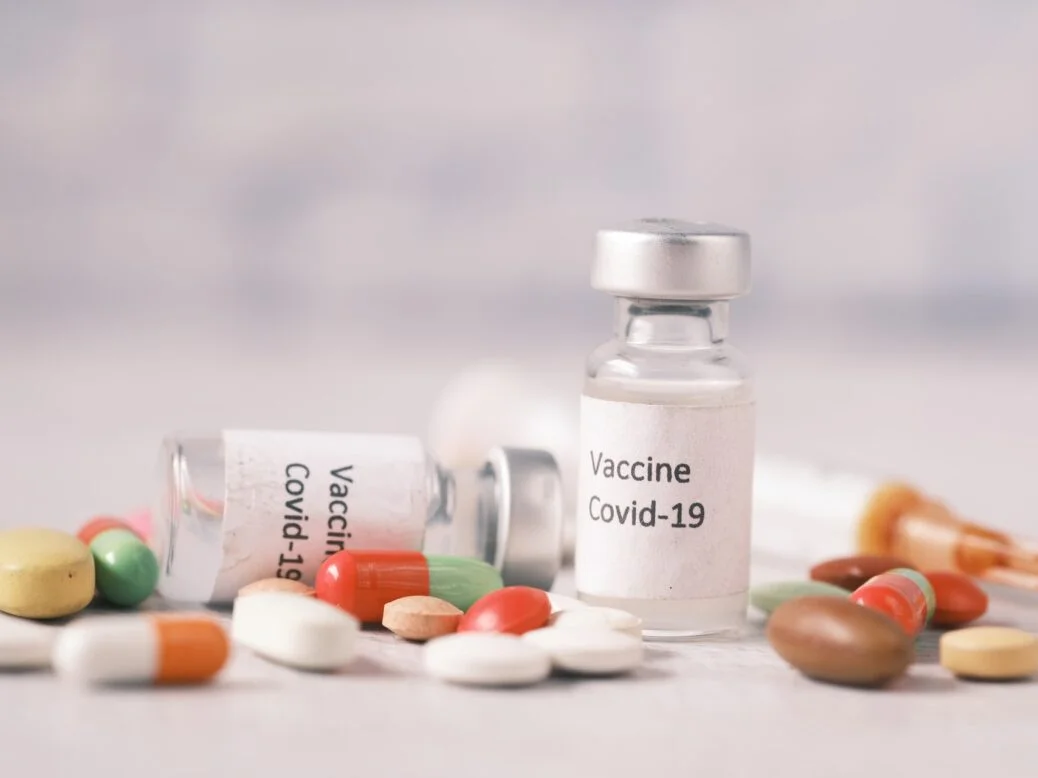There is a general belief that injections are better than oral intake pills as it gets drugs into the bloodstream through direct injection into the veins. The body can thereby better absorb and assimilate the drug. We therefore see many medications introduced by forms of injection. This includes but is not limited to insulins injections, chicken pox and measles vaccines, and of late, the COVID-19 vaccines. However, there is a concerning number of patients worldwide who have contracted diseases even after vaccination. It was, therefore, necessary to develop medications for treatment of those diseases. With the advancement of more potent agents to deliver oral drugs to enhance their absorption and efficacy, on top of the advantages of non-invasiveness and simple administration, in both preventing and treating diseases, pharmaceutical companies have come to develop oral pills to combat the novel and ever-mutating COVID-19 virus. In this article, we will delve into the topic of oral-intake pills and vaccines in our battle against COVID-19.
Globally, there are many oral covid antiviral medications like Merck's Molnupiravir, Pfizer's Paxlovid, GSK's Sotrovimab to name but a few. Such oral antivirals are prescribed for patients after they have contracted the virus. These antivirals work to keep the SARS-Cov-2 virus from replicating properly — thereby reducing viral load, which can help reduce severity[1] of symptoms. There are also a few oral intake vaccines worldwide, including Oravax's vaccine and Vaxart's vaccine, both are still in development and testing stage. The downside of injection vaccines is that the time required to gain immunity after a vaccine can be up to 21-28 days, and some of the other vaccines in development require multiple doses before sufficient immunity may develop.[2] In contrast, one oral tablet vaccine, which induced antibodies in the airways, seems to resolve the above issue.
Locally, the Hong Kong Government has introduced both Molnupiravir and Paxlovid. The current guidelines for these oral antivirals in Hong Kong are for use by those aged 60 or above, vaccinated or not. For those who are under 60 years of age, and who are at high risk of medical illness, and for those who are suffering from chronic illnesses, if they have symptoms of COVID-19 within 5 days, seek medical attention, and with no contraindications to antiviral drugs, all of these patients will be included and can be prescribed with antivirals. It is best for these susceptible groups to take these medications as soon as they have contracted the disease. The government has also commenced distributing such oral antivirals to private clinics for more efficient medication distribution that enables broader treatment of COVID-19. Nonetheless, there are restrictions to drug prescription. Merck’s drug is not suitable for pregnant, breastfeeding women, as well as children below 18, as it affects fetal development, bone and cartilage growth[3]; while Pfizer's drug is not suitable for people with very weak kidney or liver functions, as the levels of the drug may become too high and cause increased side effects.[4]
Oral antivirals, as its limitations and benefits stand, could come to be the game changer in combating the lethal COVID-19 virus. It is often seen in society that even vaccinated individuals would come to contract the virus and / or its derivatives / mutations. This signals that vaccination can only take up part of the job and there is a void to fill in the role of treating the disease. Oral antivirals are sufficed to take up such a mantel and play a pivotal role in humanity's struggle against deadly strains of coronavirus. In a study conducted by the Israel Clalit Health Services, Nirmatrelvir (ingredient in Paxlovid) therapy was associated with a 67% reduction in COVID-19 hospitalisations and an 81% reduction in COVID-19 mortality in patients 65 years and above.[5] These data all point to one truth: that COVID-19 oral antivirals can significantly benefit us and reduce the severity of disease upon contraction. It is understandable how orally intake pills can come to relieve the COVID-19 plight. Coronavirus has blighted the world for a lengthy period, it is high time governments speed up the introduction of such drugs for the betterment of humanity.
References:
- "How Do COVID-19 Antiviral Pills Work & Who Is Eligible to Receive Them?" Katie McCallum on Houston Methodist https://www.houstonmethodist.org/blog/articles/2021/dec/how-do-covid-19-antiviral-pills-work-who-is-eligible-to-receive-them/
- "Why an oral vaccine could be key to fighting COVID-19" Dr Elliot Bland on The Biologist https://www.rsb.org.uk/biologist-covid-19/why-an-oral-vaccine-could-be-key-to-fighting-covid-19
- Explainer "Coronavirus: how do oral drugs molnupiravir and Paxlovid work, and what are other treatment options used in Hong Kong?" Elizabeth Cheung on South China Morning post https://www.scmp.com/news/hong-kong/health-environment/article/3170596/coronavirus-how-do-oral-drugs-molnupiravir-and
- "13 Things to Know about Paxlovid, the Latest COVID-19 Pill" Kathy Katella on Yale Medicine https://www.yalemedicine.org/news/13-things-to-know-paxlovid-covid-19
- "First Real-World Studies on COVID-19 Oral Antivirals Emerge" Jolyon Attwooll on newsGP https://www1.racgp.org.au/newsgp/clinical/first-real-world-studies-on-covid-19-oral-antivira
Author: James Leung, Year 1, The University of Hong Kong
November 2022

